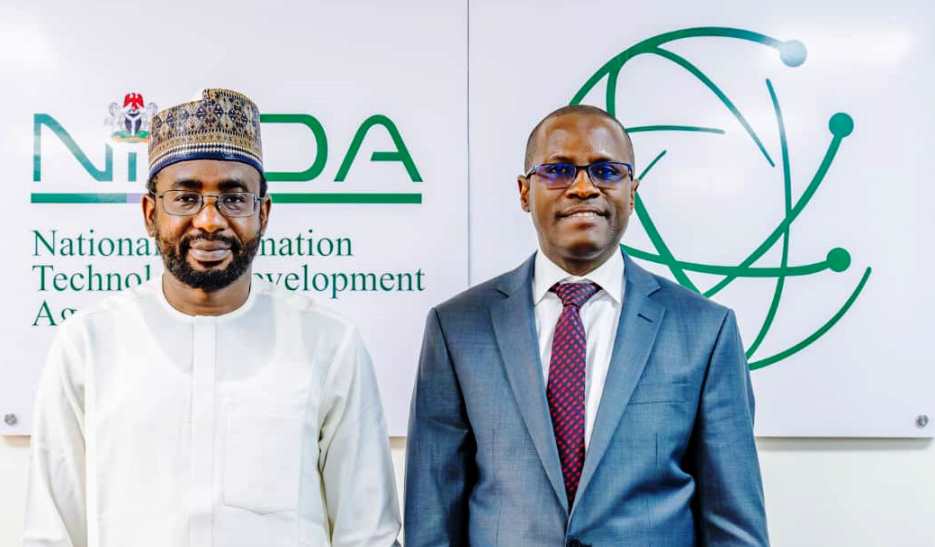When I came across PRNigeria’s publication, Healing Nigeria: A Chronicle of Health Reforms, the chapter “Mental Health Matters” struck a deeply personal chord. The narrative transported me back to memories of Aisha Omolola—a 300-level student at Ahmadu Bello University, Zaria—whose untimely death in 2018 still resonates powerfully among those who knew her.
Aisha’s passing shocked her campus community. The last time I saw her, she visited my hostel to see my roommate, her close friend. Calm, thoughtful, and ever kind, Aisha seemed worlds apart from the torment she must have faced. Days later, the news of her suicide, reportedly by consuming the widely misused insecticide Sniper, spread across student circles, leaving many in disbelief and grief.
Yet, Aisha’s story is sadly not unique. How many young people across Nigeria, overwhelmed by invisible struggles, have chosen silence or a final exit over the stigma of seeking help? This question reverberates as mental health remains an often-overlooked crisis in the country, particularly among the youth.
Despite Nigeria’s strong traditions and vibrant social fabric, there is a widespread reluctance to address mental health issues openly. Depression, anxiety, and trauma are rarely acknowledged as legitimate health conditions. Instead, these struggles are dismissed, with many attributing them to personal weakness, spiritual attacks, or insufficient faith. Commonly, those who dare to say, “I’m not okay,” are advised instead to simply “pray harder,” sidestepping the real need for professional help.
Within this landscape, therapy is burdened by stigma and those who seek support risk ridicule. Emotional hardships are so frequently interpreted as evidence of spiritual failure that many suffer in silence. In effect, we continue to lose the brightest among us to a quiet but pervasive despair—Aisha’s death stands as a somber mirror, reflecting society’s unwillingness to confront this uncomfortable truth.
Her experience captures the silent battle faced by countless young Nigerians. Pressured by high expectations, economic struggles, and cultures that avoid open conversations about pain, many students appear cheerful on the surface but wrestle with exhaustion and hopelessness beneath. A stroll through any tertiary institution reveals students carrying not just academic burdens but also undiagnosed emotional pain.
This year, as the world commemorates World Mental Health Day on October 10, the call to address Nigeria’s mental health crisis grows stronger. The UK-based Changed Foundation estimates that 40 million Nigerians—around 20% of the population—are living with a mental health condition, according to its recent campaign. Even more concerning, about 80% reportedly lack access to adequate care or treatment.
With fewer than 350 psychiatrists nationwide for well over 200 million people, Nigeria’s mental health workforce is one of the most stretched worldwide. Scholastica Onumonu, the Changed Foundation’s founder, has urged the immediate implementation of Nigeria’s National Mental Health Act and demanded that mental health services become a vital part of primary healthcare. Her “Mind Matters Nigeria” campaign emphasizes that mental health is treatable and not a source of shame—a message that still struggles to gain acceptance in many Nigerian communities.
Students are especially vulnerable, facing pressures from studies, job anxiety, and emotional instability. Campus counseling centers—where they exist—are underfunded and underutilized, made nearly invisible by stigma. Those who summon the courage to seek support often face skepticism or outright mockery.
The World Health Organization (WHO), working jointly with the United Nations, designated this year’s World Mental Health Day theme as: “Mental Health in Humanitarian Emergencies: Access to Services in Times of Crisis.” According to the WHO, at least one in five people in conflict or crisis zones, like parts of Northern Nigeria, suffers from a mental health condition, and the vast majority never receive any formal treatment.
The realities in Northern Nigeria vividly illustrate this concern. With insecurity, widespread poverty, and ongoing trauma linked to displacement and violence, many residents—students, widows, orphans, and families—live in a near-constant state of emotional turmoil. For these groups, humanitarian crises go beyond the immediate needs for shelter or food and extend into the realm of invisible psychological wounds.
Recognizing the centrality of mental health is critical. According to Lagos-based psychologist Dr. Funmi Ojo, “Mental health sustains not just individual well-being, but also community resilience and hope. Ignoring it means resigning ourselves to losing our youth—not just to violence or poverty, but to a quieter, more insidious force: despair.”
It is imperative to stop viewing mental health as an optional or ‘Western’ concern. Instead, Nigeria needs a groundswell of awareness and urgent action. Every tertiary institution should establish a visible, accessible Mental Health Desk manned by trained counselors and student advocates. Such efforts should be supported by the federal and state governments, with clear policies promoting safe spaces for open conversations about mental well-being.
Religious and community leaders also have an irreplaceable role. The pulpit should offer compassion rather than condemnation, recognizing that faith and therapy can work hand-in-hand. According to public health advocate Ms. Bisi Ajayi, “Both Islam and Christianity in West Africa emphasize caring for the soul. Addressing mental health is not a contradiction to faith, but an extension of its core values.”
Persistent silence around mental health creates fertile ground for misconceptions. Too often, those who seek professional help are stigmatized, while enduring hardship in silence is inadvertently glorified. This approach mischaracterizes true faith and results in neglect, not nurturing.
Aisha’s story is a powerful reminder that ignoring pain only amplifies it. Real change demands confronting the crisis head-on, rather than trying to resolve it with platitudes or prayers alone. As experts stress, suicide does not arise from spirits or weakness, but is a clean signal for help, and a warning of pressure and societal disengagement from its suffering members.
To move forward, healing Nigeria must begin with prioritizing the mental health of Nigerians. This requires legal protection, sustained funding, and societal acceptance—only then will we begin to turn the tide against this quiet epidemic.
Mental health is not just a topic that matters. It is the essence that holds our humanity together and must be treated as such across families, campuses, and the nation at large.
Have you or someone you know experienced challenges with mental health in Nigeria or West Africa? What changes would make the biggest difference in your school, community, or faith group? We want to hear your thoughts—drop a comment below and join the conversation. Got a personal story or news tip related to mental health or any other pressing issue? Share your experience and help break the silence by emailing us at story@nowahalazone.com.
Stay informed on important health and community updates—follow us on Facebook, X (Twitter), and Instagram.
Have a story to share or sell? We celebrate all voices—reach out today to get yours featured!










